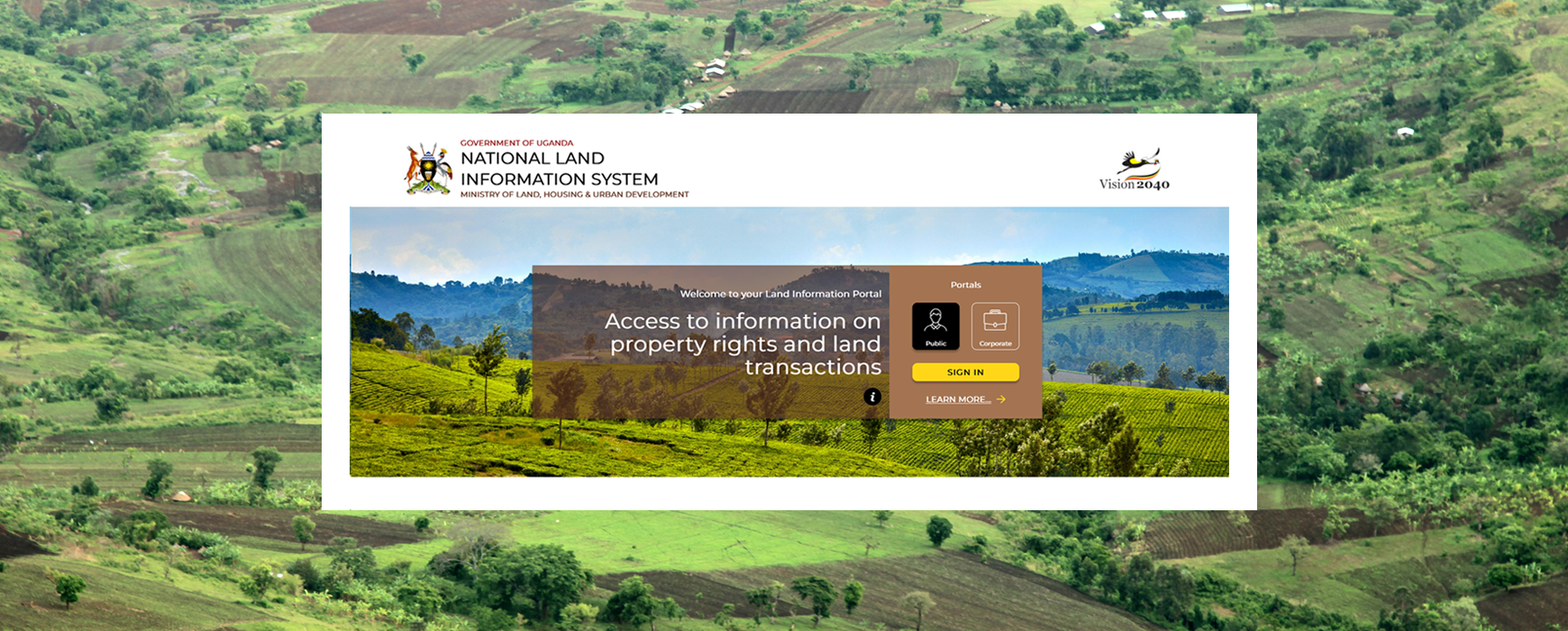The Ministry of Lands, Housing & Urban Development (MLHUD), with the support of IGN FI has launched on Wednesday 2nd October the UgNLIS public web portal and the mobile applications for smartphone working on iOS and Android. It is an important milestone in improving access to land-related information, transparency and security in Uganda.
This public Portal:
- Offers online access to the title registry, generating search letters instantly, eliminating the need for in-person visits to the Ministry Zonal Offices (MZOs), and enabling quick property verifications.
- Facilitates online property valuation requests for real estate transactions.
- Provides the banking sector with the ability to initiate mortgage transactions remotely, significantly reducing processing times.
- Users can request and pay for fees and stamp duties (via PRNs) for their transactions at MZOs through the online platform.
It is based on the Uganda National Land Information System (UgNLIS) that has modernized land administration reducing paperwork, improving data accuracy, and increasing accessibility for citizens, government institutions, and other stakeholders.
The UgNLIS comprises of 22 self-contained one stop Ministry Zonal Offices across Uganda where Ugandan citizens can initiate more than 100 land transactions such as transfer, mortgages, caveat, grant of Freehold, leases and sub-leases.
This project “National Land Information System Enhancement Project” (NaLISEP) is the continuation of a long-term collaboration with the MLHDU and the World Bank. From 2010 to 2013, IGN FI completed a World Bank pilot project (DeSILISoR: Design, Supply, Installation, Implementation of the Land Information System and Securing of Land Records) to secure property titles through the development of a tailor-made land information system for 6 pilot Ministry zonal offices as well as creating the National Land Information Centre. Then the LIS was enhanced and rolled out on a national level from 2015 to 2020 through the DeSINLISI Project.
Link to the portal => UgNLIS

